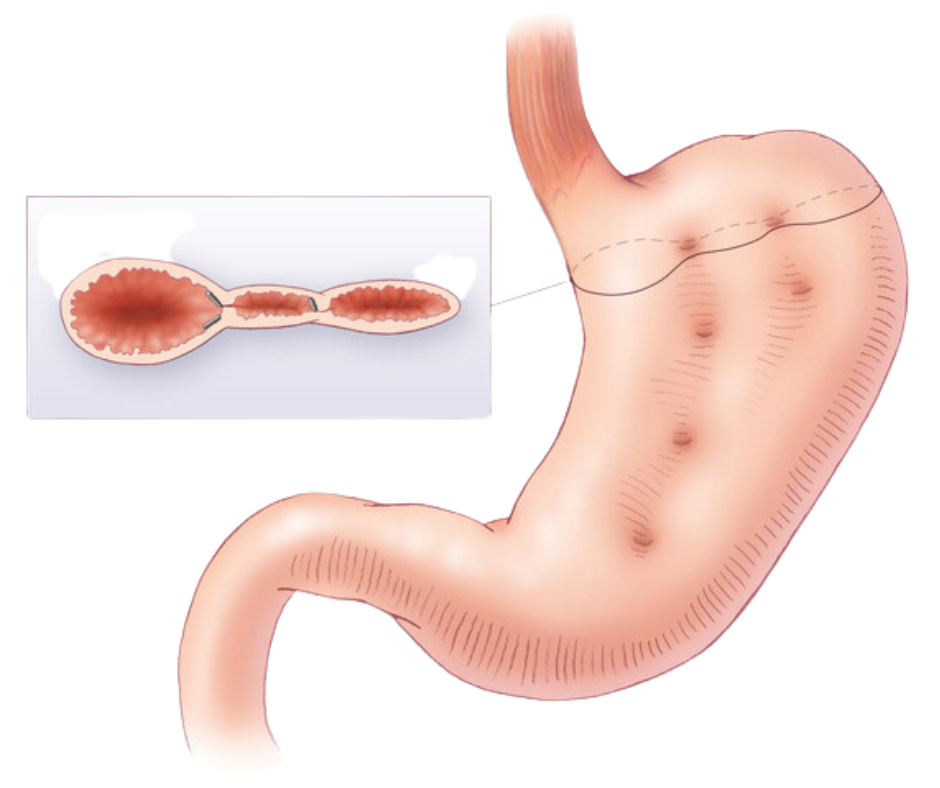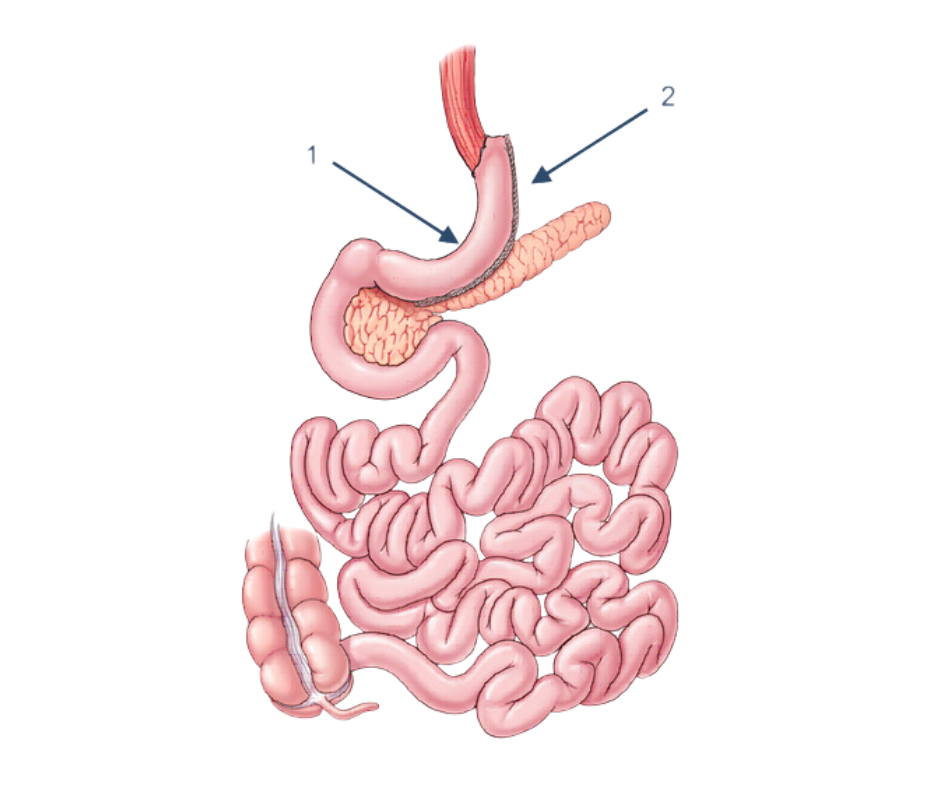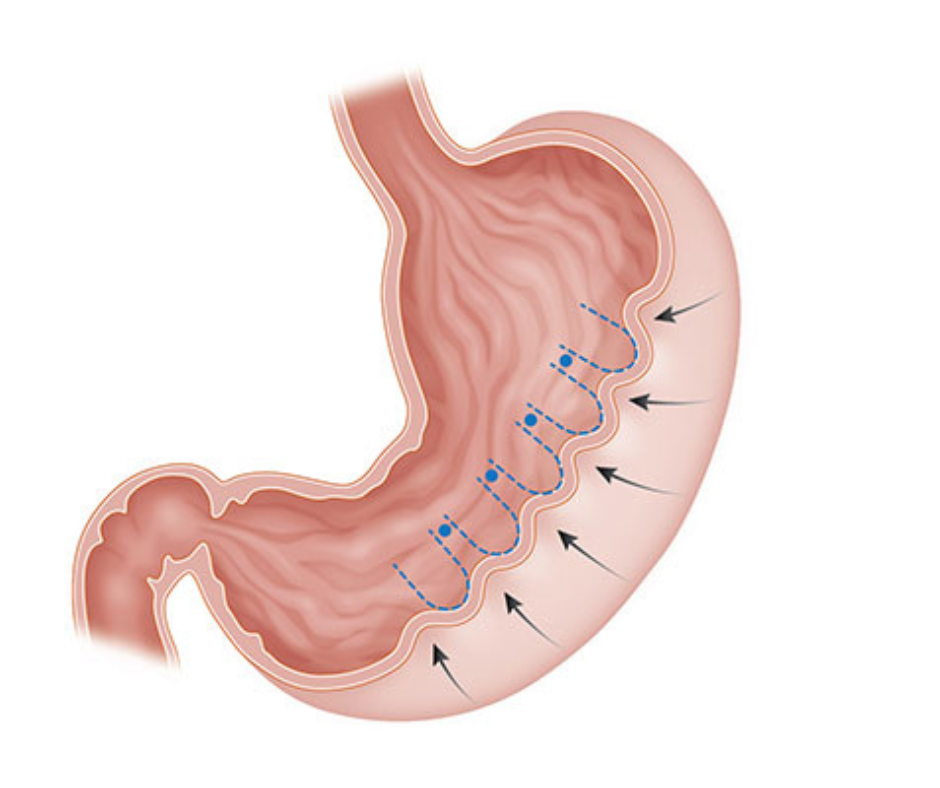Endoscopic Bariatric Surgery

Losing weight can be a challenging journey, but with advancements in medical technology, there are now safer and more effective options available. One such option is endoscopic bariatric surgery. If you’re looking for an alternative to traditional weight loss surgeries, then this blog post is for you! In this article, we’ll explore what endoscopic bariatric surgery is all about, how it’s performed, the benefits it offers, and any potential risks involved. So grab a cup of tea (or your preferred beverage), sit back, and let’s dive into the world of endoscopic bariatric surgery – a game-changer in the quest for effective weight loss!
What is Endoscopic Bariatric Surgery?
What is endoscopic bariatric surgery? It’s a minimally invasive procedure that involves using an endoscope, a flexible tube with a camera attached to it, to access the stomach and perform weight loss surgeries. Unlike traditional open surgeries, which require large incisions, endoscopic bariatric surgery requires only small incisions or no incisions at all.
During the procedure, the surgeon inserts the endoscope through either your mouth or a small incision in your abdomen. This allows them to visualize and manipulate the stomach without making major cuts. Different techniques can be used during this surgery depending on your individual needs and goals.
Endoscopic bariatric surgery offers several advantages over traditional weight loss surgeries. Because it’s minimally invasive, there is less pain involved and shorter recovery time compared to open procedures. Since no major incisions are made, there is minimal scarring as well.
Additionally, endoscopic bariatric surgery can help you achieve significant weight loss by reducing the size of your stomach or altering its function. By restricting food intake or causing early satiety (feeling full quickly), this procedure helps you consume fewer calories and lose excess weight more effectively.
Consulting with a qualified healthcare professional will allow you to determine whether you’re eligible for endoscopic bariatric surgery based on factors such as body mass index (BMI), overall health condition, and previous weight loss attempts. Always remember that each case is unique when it comes to determining if this type of intervention suits your specific situation!
Endoscopic bariatric surgery is a minimally invasive procedure that is performed using an endoscope, a flexible tube with a camera and surgical instruments attached to it. The surgeon makes small incisions in the abdomen and inserts the endoscope through one of these incisions.
Once inside the stomach, the surgeon uses specialized instruments to reduce its size. This can be done by creating folds or suturing parts of the stomach together to make it smaller. In some cases, a gastric balloon may also be inserted temporarily to help with weight loss.
One of the advantages of endoscopic bariatric surgery is that it does not require large incisions like traditional open surgeries do. This means less pain, scarring, and shorter recovery time for patients. Additionally, since there are no external scars, patients often experience improved body image after this procedure.
The duration of an endoscopic bariatric surgery varies depending on individual factors and complexity but generally takes between 30 minutes to two hours. Most procedures are performed as outpatient surgeries so patients can go home on the same day.
It’s important to note that endoscopic bariatric surgery should always be performed by experienced surgeons who specialize in this technique. They have undergone extensive training and have developed advanced skills necessary for safe and effective outcomes.
This innovative approach offers individuals struggling with obesity an alternative solution for achieving their weight loss goals without major risks associated with traditional surgeries such as gastric banding or gastric bypass procedures.
What are the benefits of endoscopic bariatric surgery?
Endoscopic bariatric surgery offers a number of benefits for individuals struggling with obesity. First and foremost, this minimally invasive procedure provides an effective weight loss solution without the need for traditional open surgery. With endoscopic techniques, surgeons can make small incisions or even no incisions at all, reducing the risk of complications and minimizing scarring.
Another advantage of endoscopic bariatric surgery is that it typically involves shorter hospital stays compared to traditional weight loss surgeries. Many patients are able to go home within 24 hours after their procedure, allowing them to recover in the comfort of their own homes rather than spending days in a hospital bed.
Additionally, endoscopic bariatric surgery often results in faster recovery times compared to other weight loss surgeries. Since there are no large incisions or major trauma to the body, patients can experience less pain and discomfort post-operatively. This means they can resume their daily activities sooner and get back to enjoying life more quickly.
Furthermore, one of the key benefits of endoscopic bariatric surgery is its ability to treat various types of obesity-related conditions simultaneously. In addition to promoting significant weight loss, this procedure has been shown to improve or resolve conditions such as type 2 diabetes, high blood pressure, sleep apnea, and joint pain.
Lastly,endoscopic bariatric surgery also offers a promising option for individuals who have previously undergone weight loss procedures but have regained some or all of the lost weight over time.
By revising previous procedures using advanced endoscopy techniques,surgeons can help these patients regain control over their weight once again.Overall,endoscopic bariatric surgery presents numerous benefits over other surgical options. Its minimally invasive nature, lack of major scarring, faster recovery times and ability to address multiple health issues makes it an appealing choice for those seeking effective long-term weight loss solutions>

One of the most common questions people have when considering endoscopic bariatric surgery is how much weight they can expect to lose. While every individual’s journey will be unique, endoscopic bariatric surgery has shown promising results in helping patients achieve significant weight loss.
The amount of weight you can expect to lose with endoscopic bariatric surgery depends on various factors such as your starting weight, overall health, and commitment to lifestyle changes post-surgery. On average, patients who undergo this procedure can expect to lose around 30% to 50% of their excess body weight within the first year.
It’s important to note that endoscopic bariatric surgery should not be seen as a quick fix or a standalone solution for weight loss. It is a tool that works best when combined with healthy eating habits and regular exercise. The procedure helps restrict the amount of food you can consume, which aids in portion control and encourages healthier choices.
While individual results may vary, many patients find that they continue losing weight beyond the first year following their surgery. This long-term success is often attributed to sustained lifestyle changes and ongoing support from healthcare professionals.
While it’s difficult to predict exactly how much weight you will lose with endoscopic bariatric surgery, evidence suggests that significant and sustainable weight loss is achievable. Remember that successful outcomes require dedication and commitment to adopting healthier habits for long-lasting results
How long does the surgery take? This is a common question for individuals considering endoscopic bariatric surgery. The duration of the procedure can vary depending on several factors, including the specific type of surgery being performed and the individual patient’s circumstances.
In general, endoscopic bariatric surgeries tend to be quicker than traditional open surgeries. Most procedures can be completed in less than two hours, with some taking as little as 30 minutes. However, it’s important to note that this timeframe may not include pre-operative preparations or post-operative recovery time.
The length of the surgery also depends on whether it is a standalone procedure or combined with other treatments. For example, if an endoscopic sleeve gastroplasty (ESG) is being performed along with another bariatric intervention like gastric balloon placement, the overall surgical time may be longer.
It’s crucial to remember that each patient’s case is unique and should be evaluated by their healthcare provider to determine an accurate estimate of how long their specific procedure will take. Factors such as medical history and any potential complications may impact the duration of the surgery.
While it’s helpful to have an understanding of how long endoscopic bariatric surgeries typically last, patients are encouraged to consult with their surgeon for personalized information regarding their particular case.
Recovery and aftercare play a crucial role in the success of endoscopic bariatric surgery. After the procedure, you will be closely monitored by your healthcare team to ensure a smooth recovery and to address any potential complications.
In the initial days following surgery, you may experience some discomfort or pain at the incision sites. Your doctor will prescribe pain medications to help manage this. It is important to follow their instructions regarding medication usage.
You will also be placed on a liquid diet for a few weeks before gradually transitioning to solid foods. This dietary plan is designed to allow your stomach time to heal and adjust to its new size.
Regular follow-up appointments with your surgeon are essential during the recovery process. These visits provide an opportunity for your healthcare provider to monitor your progress, address any concerns or questions, and make adjustments as needed.
It is important that you commit yourself fully to adopting healthy lifestyle habits post-surgery. This includes incorporating regular exercise into your routine and making mindful food choices.
Remember that recovery from endoscopic bariatric surgery takes time, patience, and dedication. It is not an overnight solution but rather a tool that can aid in long-term weight loss success when combined with lifestyle changes.

Endoscopic Bariatric Surgery vs. Other Weight Loss Surgeries
Endoscopic bariatric surgery offers a safer alternative for effective weight loss compared to traditional surgical methods. With its minimally invasive approach and reduced risks, it has become an increasingly popular option for individuals struggling with obesity.
Unlike other weight loss surgeries, endoscopic bariatric surgery does not require large incisions or extensive recovery time. The procedure is performed using a flexible tube equipped with a small camera and specialized tools, allowing the surgeon to make small adjustments to the patient’s digestive system without major surgery.
The benefits of endoscopic bariatric surgery are numerous. Not only does it result in significant weight loss, but it also improves overall health by reducing the risk of obesity-related conditions such as diabetes, high blood pressure, and sleep apnea. Additionally, this type of surgery can often be completed on an outpatient basis, meaning patients can return home the same day.
While there are risks associated with any surgical procedure, endoscopic bariatric surgery carries fewer complications than traditional methods. Common risks include bleeding or infection at the site of incision or perforation in the digestive tract during the procedure. However, these risks are relatively low compared to more invasive surgeries.
When it comes to weight loss results with endoscopic bariatric surgery, individual outcomes may vary. On average, patients can expect to lose around 10-20% of their total body weight within six months following the procedure. However,some individuals may experience even greater weight loss over time when combined with healthy lifestyle changes such as diet and exercise.
In terms of duration,the length of an endoscopic bariatric surgery typically ranges from one to two hours depending on various factors including complexity and individual patient characteristics.
Afterward,prompt recovery is expected,and most individuals can resume regular activities within a week after their procedure. However, it’s important that patients follow post-operative care instructions provided by their surgeon for optimal healing and long-term success.
Comparing endoscopic bariatric surgery to other weight loss surgeries, it offers distinct advantages. Unlike gastric banding.

